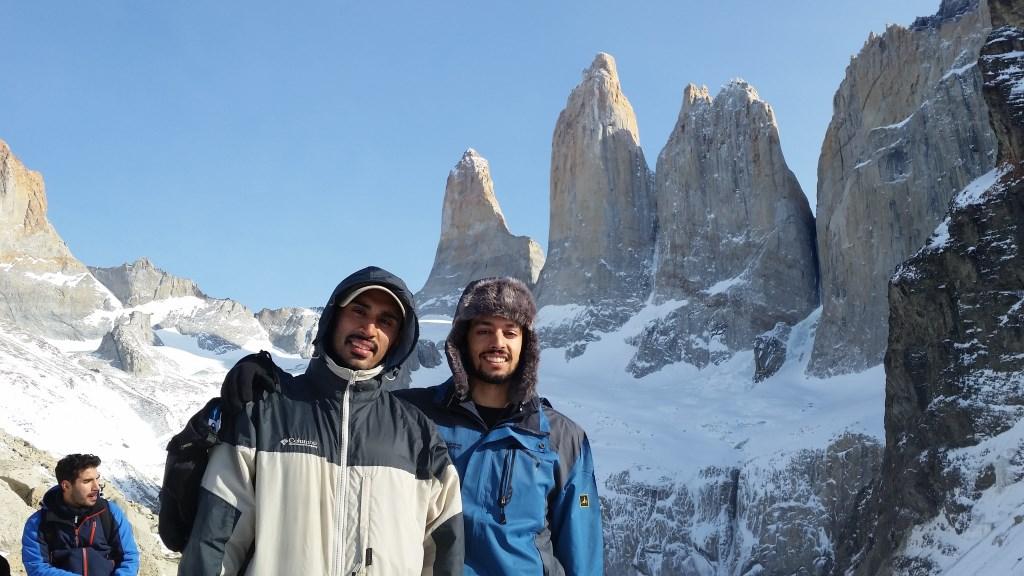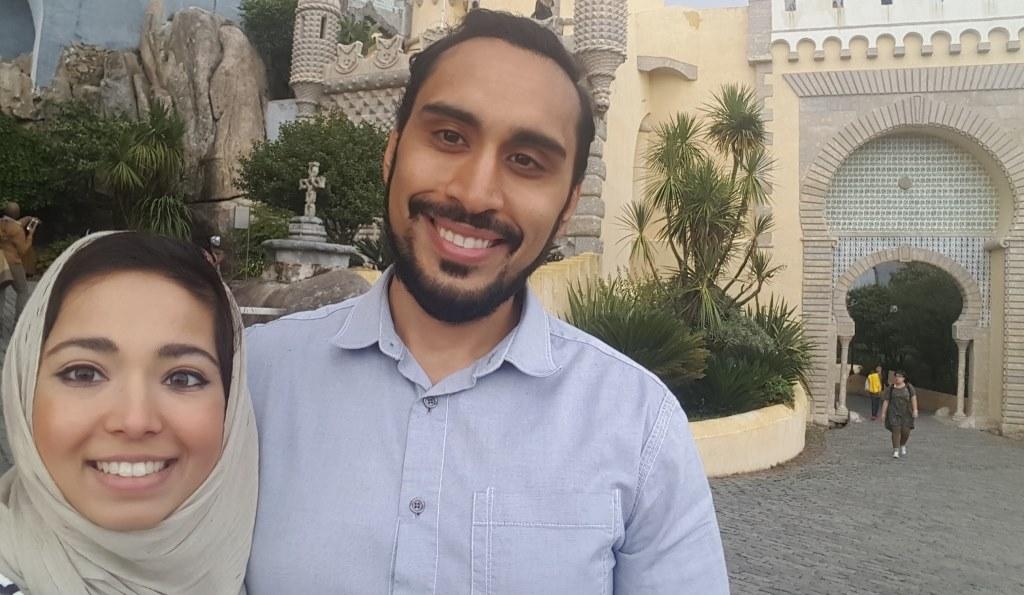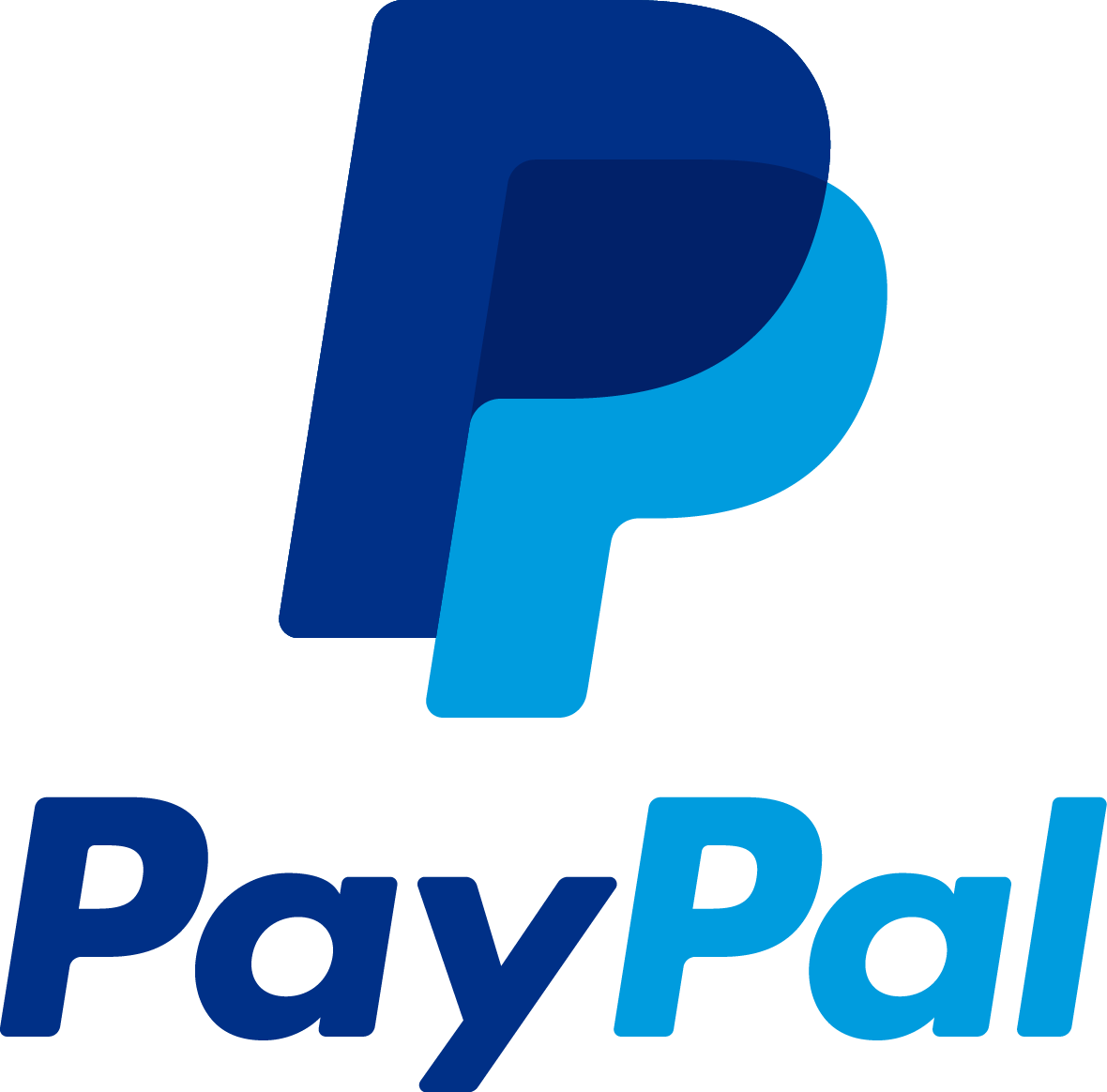PayPal’s Usman Ahmed on the Power of Small Business
May 3, 2017 1:05 PM ET
Originally posted on PayPal Stories
Born and raised around Washington D.C., Usman Ahmed knew he wanted to work in the nation’s capital on policy and research from an early age. Law degree in hand, he thought a legal fellowship with eBay would be good experience before moving onto a law firm. But fast forward six years and he’s leading PayPal’s public policy department, spearheading research on how the Internet is democratizing globalization for small businesses.
In just a short career, Usman has already accrued an impressive record of successes. In addition to heading up transformative research and policy advisory, he also works as an adjunct professor at Georgetown University Law School teaching about fintech law, and recently got married. He first met his wife Anam -- a doctor at Johns Hopkins -- by sheer romantic comedy-esque happenstance. The two had mutual friends in D.C. trying unsuccessfully to set them up, but for some reason they never connected. Then Usman was at a conference in Chicago, sat down in the hall, looked up, and it was Anam on stage speaking. The serendipitous moment led to a whirlwind romance, and now the busy couple balances their careers with a steady dose of travel.
They’re fans of national parks, having recently trekked to the Grand Canyon and Zion to name a few, and have been to 20 states as well as traveling abroad. When on these excursions, Usman can’t help but investigate how local businesses transact, using them as a window into his day-job research.
In one of your papers, you said half of the world’s GDP is generated from small businesses, as well as two-thirds of employment. Those are amazing numbers. Are they still accurate, and what kind of impact do they have?
Yes, they’re still accurate, and the numbers are skewed toward small businesses even more in the places that are underserved. So, a lot of the places that Dan Schulman wants to drive our company to have success, they are even more small-business-driven, because large businesses tend to locate in big cities and coastal areas. Small businesses are an essential part of PayPal’s vision to democratize financial services.
And it’s not just that small businesses make up a huge percentage of the employment and the GDP, they are the job creators, too. Researchers have found there’s this group of small businesses – high-growth small businesses – that tend to account for most of the net new jobs in the U.S. certainly, and in other countries.
With a background in policy, why did you focus on the topic small businesses and the impact they have?
I’ve been thinking about it for a long time. My brother was a small business owner -- he owned a gas station in Maryland. I spent some of my college years working nights there, learning the ins and outs of the really razor thin margins upon which a small business operates.
It was my experience here that first gave me an idea of the policy issues that small businesses face whether that be taxation, access to finance, technology, or electronic payments.
But you didn’t always focus on small business at PayPal. When did that transformation happen?
I started as a legal fellow on the government relations team, which meant I got to see everything that we dealt with around the world, like taxation, intellectual property, intermediary liability, cybersecurity and privacy. Eventually I got a role on the intellectual property team, so that’s where I was sitting when I was able to work on a Supreme Court case that involved a small business that eBay and PayPal had in California, selling textbooks that they had bought from Asia.
We ended up winning that case six to three, which was a boon for businesses in the U.S. to be able to “parallel import” – which is to take products that are produced in different countries and resell them online. It had a huge impact on the company – and that’s really when I got interested in small businesses here.
So how do you uncover these rather broad small business trends?
We work to a broad range of stakeholders from across the company on the fundamental question of “Where do you think PayPal is having an outsized socioeconomic impact that, maybe, we aren’t seeing?”
Then, we’ll go dive into the data.
We’ll have a hypothesis, run analysis, and find out that we were actually right, or that we weren’t entirely accurate, but we found something else interesting.
It’s evident you’re passionate about these topics. Is there one project or outcome you’ve experienced at PayPal that you’re most proud of?
What makes me the happiest, is when other people are positively impacted by that work. Sure, when President Obama cited our stats in his weekly address it was pretty awesome. But when we won that Supreme Court case, or when I’ve seen governments promoting PayPal Working Capital for underserved communities, or when I see small businesses talk about the success they’ve had going out to international markets – that’s the really cool part. Those results, those changes, those economic opportunities that result in some small way, shape or form from something we wrote or researched is the most exciting.
PayPal Stories Staff



